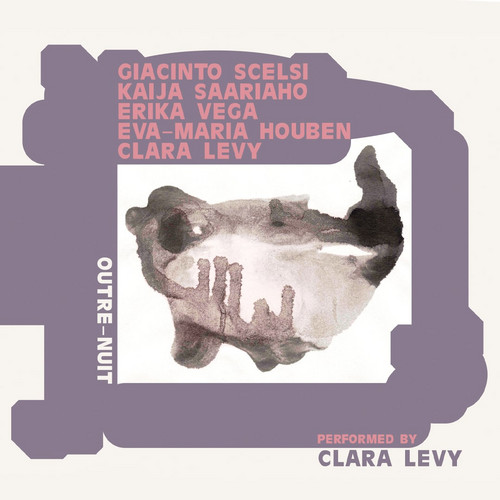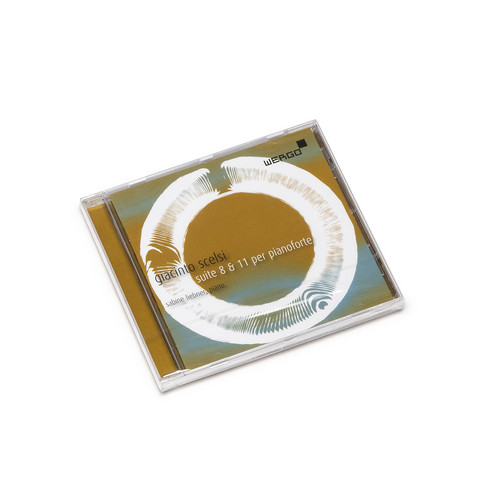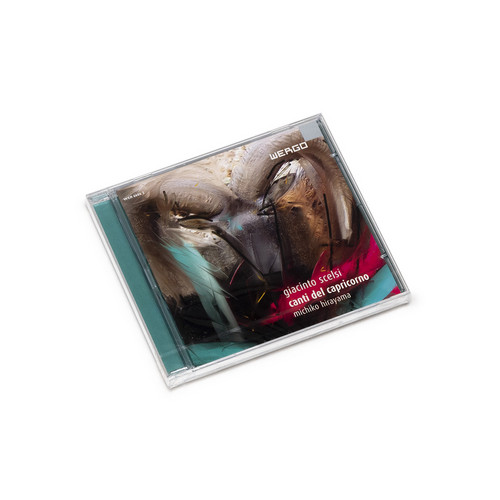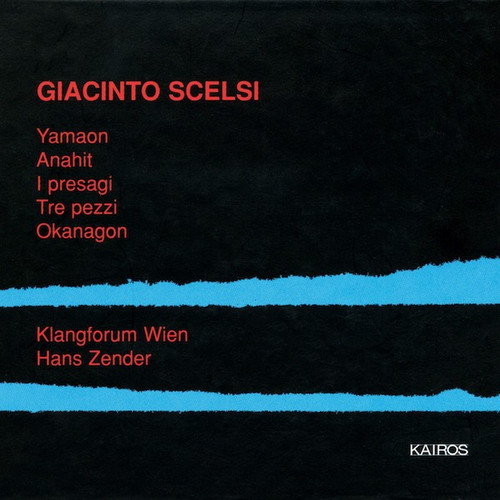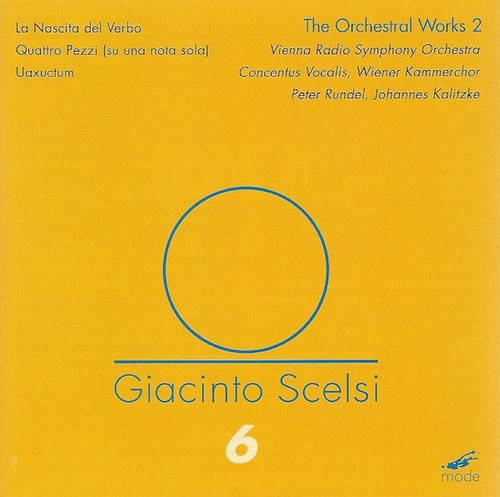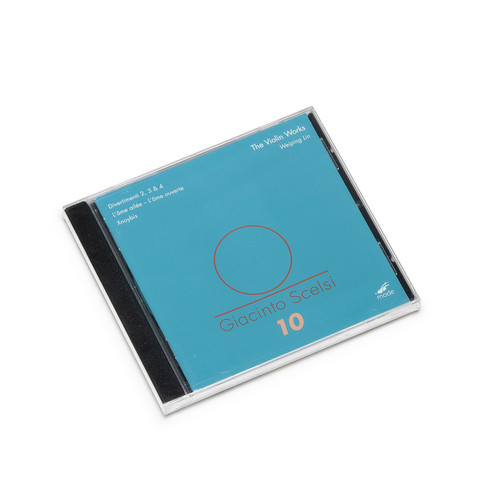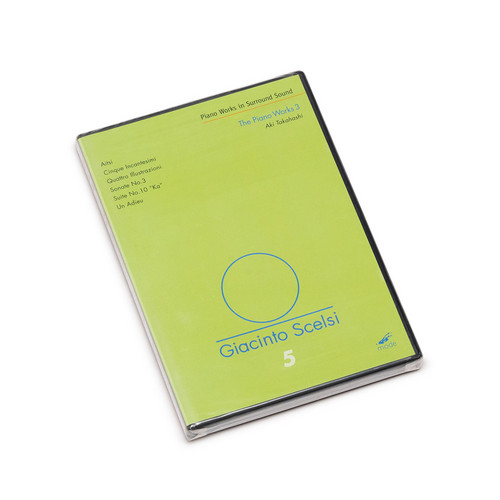Giacinto Scelsi
Giacinto Scelsi was an Italian composer who also wrote surrealist poetry in French. He is best known for writing music based around only one pitch, altered in all manners through microtonal oscillations, harmonic allusions, and changes in timbre and dynamics, as paradigmatically exemplified in his revolutionary Quattro Pezzi su una nota sola ["Four Pieces on a single note"] (1959). His musical output, which encompassed all Western classical genres except scenic music, remained largely undiscovered even within contemporary musical circles during most of his life, until a series of concerts in the mid to late 1980s finally premièred many of his pieces to great acclaim, notably his orchestral masterpieces in October 1987 in Cologne, about a quarter of a century after those works had been composed and less than a year before the composer's death (he was able to attend the premières and personally supervised the rehearsals)
Giacinto Scelsi was an Italian composer who also wrote surrealist poetry in French. He is best known for writing music based around only one pitch, altered in all manners through microtonal oscillations, harmonic allusions, and changes in timbre and dynamics, as paradigmatically exemplified in his revolutionary Quattro Pezzi su una nota sola ["Four Pieces on a single note"] (1959). His musical output, which encompassed all Western classical genres except scenic music, remained largely undiscovered even within contemporary musical circles during most of his life, until a series of concerts in the mid to late 1980s finally premièred many of his pieces to great acclaim, notably his orchestral masterpieces in October 1987 in Cologne, about a quarter of a century after those works had been composed and less than a year before the composer's death (he was able to attend the premières and personally supervised the rehearsals)
Outre-Nuit
Outre-nuit as Outre-noir by Pierre Soulages, the greatest nuances on subtle variations. The programme can be listened to in one go between Clara's two compositions, it's Xnoybis, an extraordinary performance by the great Giacinto Scelsi - a piece that makes you feel like you're listening for the first time - Giacinto Scelsi's Xnoybis (1964) is a journey amongst the reliefs contained within one single pitch. Written in three parts, the piece is an instinctive approach to the sound spectrum (the t…
Suite 8 & 11 per pianoforte
Giacinto Scelsi (1905–1988) is one of the most unusual composers of the twentieth century, a unique figure whose importance was only fully recognized and celebrated after his death. During his lifetime, he was often dismissed, especially in Italy, as a pretentious dilettante because he did not notate his music himself. Beginning in the mid-1950s, he recorded his improvisations at the piano and had them transcribed by others. In this way, in the course of only a few years hundreds of piano pieces…
Canti Del Capricorno
*2022 stock* Michiko Hirayama inspired Giacinto Scelsi to write his twenty-part cycle "Canti del Capricorno" between 1962 and 1972. To this day the Japanese singer (b. 1923) is a unique performer of this spiritual yet energy-filled work for solo voice, with instrumental accompaniment for certain songs: Scelsi’s notes in his own hand in the score; that is her treasure, when she comes to Ulm in May 2006 to give a concert in the series neue musik im stadthaus. Michiko Hirayama is a vocal power stat…
Yamaon
Yamaon (1954-1958) for bass, alto saxophone, tenor saxophone, contra bassoon, percussion and doublebass is one of the wildest and most direct works of Scelsis. Just as the composition I presagi completed in the same year, the title warns of the destruction of a Mayan city. As Varèse in Ecuatorial and Nocturnal, Scelsi in Yamaon works with a differentiated repertoire of vowels, consonants, and syllables. These have no linguistic semantic meaning, but convey heterogeneous values of expression. “Wh…
The Orchestral Works 2
"The first recording of his 32-minute grand cantata 'La Nascita del Verb.' Steeped in chromaticism, with hints of Scriabin and a sea of percussion, 'Nascita' boasts a vast double fugue (one of the most imposing in the history of music) and a forty-seven voice canon in twelve keys. This work, 'truly written in blood,' left Scelsi 'in a deplorable state, afterwards he stopped composing for several years. One of Giacinto Scelsi's infamous pieces are the 'Quattro Pezzi (su una nota sola).' Ear piece…
The Works for Violin
This is the first complete recording of Giacinto Scelsi's works for solo violin. They span from the earlier 'Divertimenti' in his more traditional virtuoso style, to the two later works which find Scelsi exploring the sound 'inside of the note'. 'Divertimento No. 2' receives its first recording here ('Divertimento No. 1' has never been found).
Taiwanese born violinst Weiping Lin is Assistant Concertmaster of the Austrian Broadcasting Corporation Radio Symphony Orchestra Vienna (RSO-Wien) …
